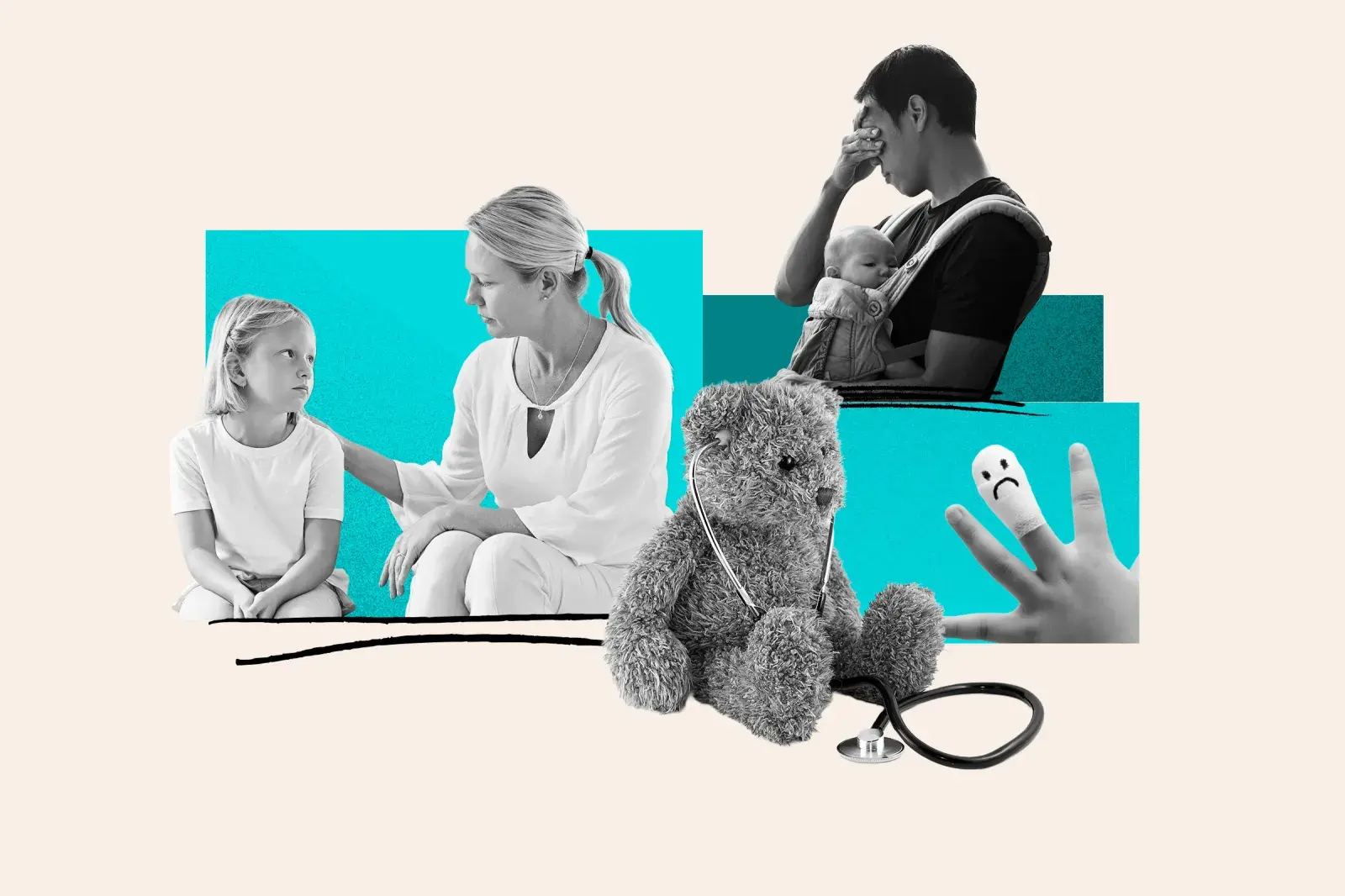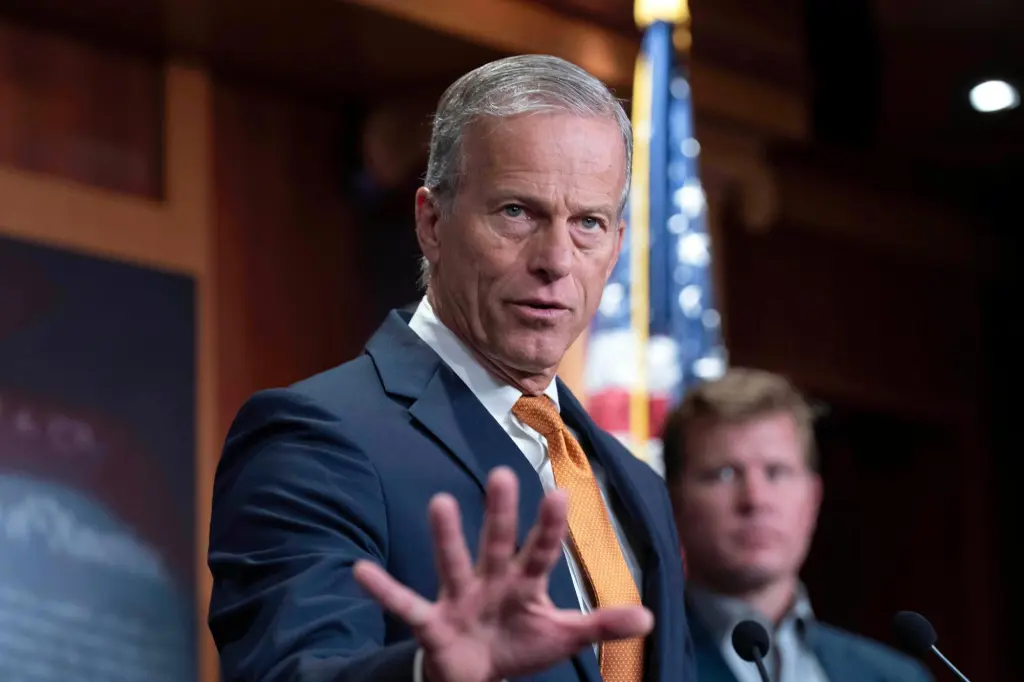By Jasmine Laws
Copyright newsweek

At the start of the summer, President Donald Trump passed his sweeping tax package, named the “One Big Beautiful Bill,” which included major changes to Medicaid, such as a projected almost $1 trillion in cuts to the program and Children’s Health Insurance Program (CHIP) funding.
The nonpartisan Congressional Budget Office (CBO) also forecasted that this decrease in funding would increase the number of uninsured Americans by 7.5 million in 2034 alongside additional increases due to other program changes. As a result, many experts and lawmakers have voiced their concerns, warning it could worsen health outcomes across the country.
A study published last month by JAMA, which shares peer-reviewed medical research and studies, has revealed how many children rely on Medicaid and CHIP for health coverage, increasing concern over how these changes will directly harm the health outcomes of America’s children.
For children specifically, the changes “may have widespread impact,” Ye Shen, a PhD candidate in the Harvard PhD Program in Health Policy and lead author of the new study, told Newsweek.
She added that “childhood coverage gaps were already substantial even before these changes and now risk becoming worse.”
President Donald Trump’s “One Big Beautiful Bill” includes major changes to Medicaid, such as a projected almost $1 trillion in cuts to the program and Children’s Health Insurance Program (CHIP) funding.
Most American Children Use Medicaid, CHIP—Study
The new study estimated that more than 60 percent of American children relied on Medicaid or CHIP at some point before they turned 18.
Many children also start life on Medicaid, with about 40 percent of children at birth enrolled on the program, Shen said.
Over the course of their childhood, it was found that 42 percent of children had periods of time where they were uninsured, while 26 percent were continuously enrolled in one form of health insurance, whether that was employment-based, Medicaid, CHIP or via a marketplace.
There was a clear difference between states that expanded Medicaid under the Affordable Care Act (ACA) and those that didn’t, as in states that didn’t opt to expand Medicaid, 59 percent of children had a period of time where they were uninsured, while in states that did expand Medicaid that number was 36 percent.
The researchers also noted that the highest share of uninsured children, born with Medicaid or CHIP, was consistently estimated in states with the most restrictive Medicaid and CHIP eligibility criteria.
Reasons for losses in coverage among children are wide-ranging. “While about half of births are covered through parents’ employment-based plans, family circumstances often change over the first 18 years of life: parents may lose jobs, face gaps between jobs, or move into lower-paying work without health benefits,” Shen said.
Depending on the state, parents may also gain coverage through Medicaid expansion, she added, which “past research has shown to generate positive spillover effects by increasing Medicaid enrollment for their children who were already eligible.”
Shen, along with other researchers from the Harvard T.H. Chan School of Public Health, determined the estimates based on analysis of various sources of national data from 2015 to 2019.
File photo: a young boy being examined by a doctor.
Impacts of Medicaid Cuts on Children
Trump’s cuts to Medicaid are the largest in the program’s history – having effects on American adults and children in a number of ways.
The American Academy of Pediatrics (AAP) President Dr. Susan Kressly slated the policies in July, saying that the budget reconciliation bill “fails our country’s children and families,” deeming the cuts “devastating.”
“Our state-level findings suggest that both adult and child Medicaid policies play an important role in shaping children’s insurance coverage,” Shen said, so any parental Medicaid coverage losses in expansion states “could spill over to disrupt their children’s coverage.”
As states will face large cost-shifts, this could “force them to institute deep and damaging cuts to their Medicaid programs,” Edwin Park, a professor at the Center for Children and Families at Georgetown University, told Newsweek.
“Some will involve direct cuts to children’s eligibility and benefits but also reimbursement cuts to health care providers including those serving children like children’s hospitals and pediatricians,” he said.
He added that this would mean less coverage and access for low-income children who rely on Medicaid.
Also, as Medicaid “serves as wraparound coverage to fill in gaps in other coverage whether it is private health insurance or TriCare,” Park said, it’s espe…



